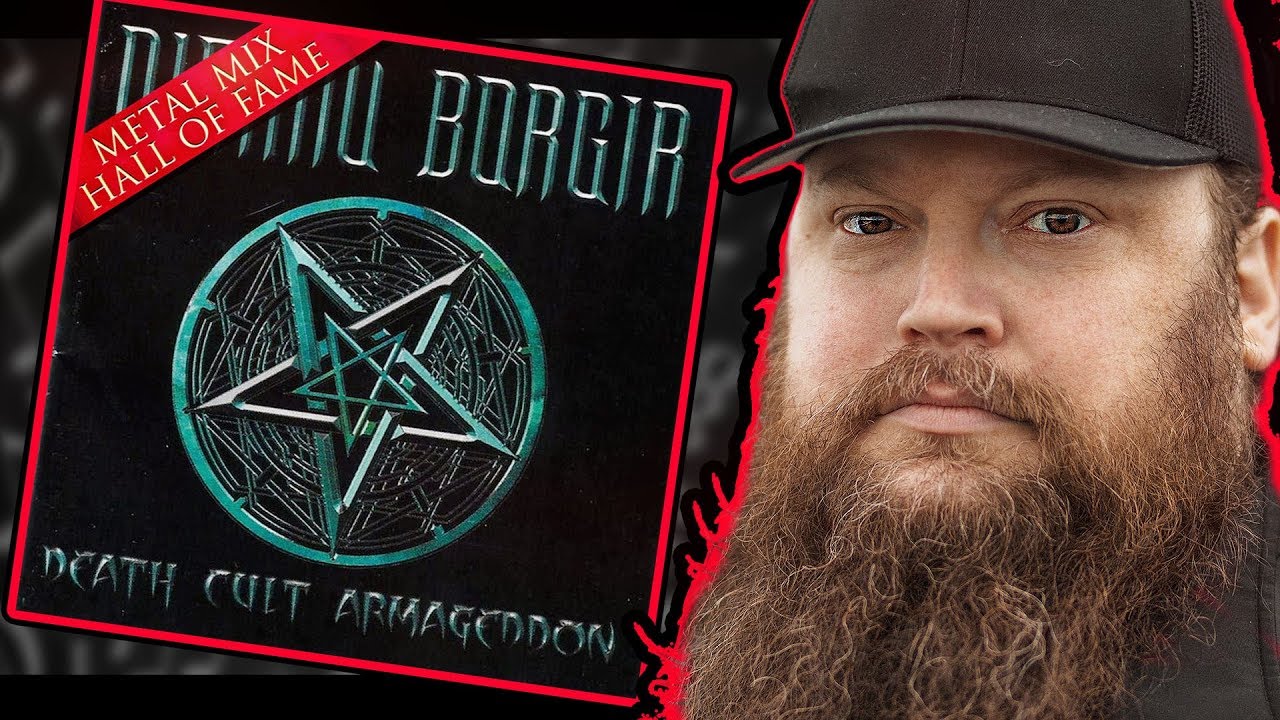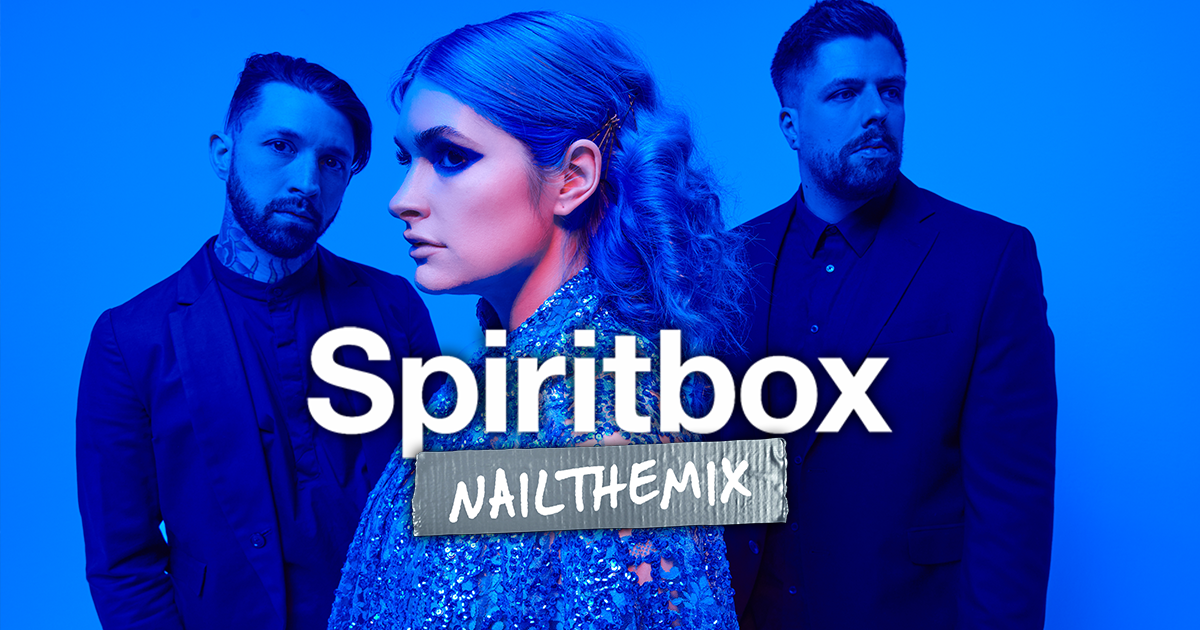
Pro Tools Price: What Metal Producers Need to Know Before Buying
Nail The Mix Staff
So, you're eyeing up Pro Tools, huh? It’s a name synonymous with professional audio, especially in the rock and metal world. But before you dive in, that "Pro Tools price" tag is probably on your mind. Let's break down what you're looking at cost-wise, and then, more importantly, discuss if it's the right move for your metal productions, because price is just one piece of the puzzle.
Demystifying Pro Tools Pricing Tiers
Avid, the company behind Pro Tools, typically offers a few different versions, and how you pay can vary. Here’s the general lay of the land:
- Pro Tools Artist: This is the entry-level option. It’s more budget-friendly, usually offered as a subscription. It’ll give you the core Pro Tools experience but with limitations on track counts, I/O, and some advanced features. If you're just sketching out ideas or doing very basic tracking, this might suffice.
- Pro Tools Studio: This is the sweet spot for many home and project studios. It significantly ups the track counts, supports more simultaneous inputs, and includes features like surround mixing and advanced automation. You can often find this as both a subscription and a perpetual license (buy it once, own it, though updates might cost extra later). For serious metal production with layered guitars, extensive drum edits, and vocal stacks, Pro Tools Studio is likely the minimum tier you'd consider.
- Pro Tools Ultimate: This is the top-dog, flagship version, priced accordingly. It’s geared towards large professional studios and post-production houses. Think massive track counts, support for HDX hardware, advanced video features, and complex surround/immersive audio workflows. Unless you're running a commercial facility or have very specific high-end needs, this is probably overkill for most metal producers.
Subscription vs. Perpetual: Avid has been pushing subscriptions hard. This means you pay monthly or annually to keep using the software. Perpetual licenses mean you buy it outright and can use that version indefinitely, though you might pay for upgrades to newer versions down the line. Weigh which model suits your budget and how you prefer to invest in software.
Always check Avid’s official website for the most current pricing and feature sets, as these can change.
Beyond the Price Tag: Is Pro Tools the Right Axe for Your Metal?
Okay, so you've got a ballpark on the Pro Tools price. But is it the undisputed champion for your metal workflow? Like any piece of gear, it has its strengths and its, let's say, quirks.
Pro Tools: The Heavyweight Champion's Strengths
- Industry Standard: This is a big one. Walk into almost any major studio, especially in the US, and you'll likely find Pro Tools. This means session compatibility is a breeze if you're collaborating or taking tracks to a commercial studio for mixing or mastering. Everyone knows it.
- Rock-Solid Audio Editing: Pro Tools excels at recording and editing digital audio. For metal, where tight drum edits (think quantizing multi-tracked kits with tools like Beat Detective) and comping countless guitar takes are daily bread, Pro Tools is a beast, especially once you master its advanced editing workflow.
- Plugin Support (AAX): Pretty much every plugin developer under the sun makes their stuff in AAX format for Pro Tools. From Universal Audio to FabFilter to smaller boutique developers, you won't be short on tools.
Where Pro Tools Might Fall Short for Some
- MIDI & Loop-Based Workflows: Let's be honest, Pro Tools wasn't born for intricate MIDI sequencing or loop-based composition. While it can do MIDI, it's not as fluid or intuitive as DAWs like Ableton Live or Cubase. If your metal incorporates a lot of programmed elements, synths, or you like to sketch with loops, Pro Tools can feel clunky. It lacks features like Ableton’s Drum Rack or advanced time-stretching capabilities for creative sample manipulation.
- The "Analog Console" DNA: Pro Tools was originally designed to emulate an analog studio workflow. While it's evolved, that core DNA means some modern production approaches (like setting up your master bus routing) can feel less streamlined compared to newer DAWs built from the ground up for today's producer.
Does Your DAW Really Matter That Much?
This is the eternal debate online, right? On one hand, no, it doesn't matter in the sense that you can make killer music in any major DAW these days. They're all incredibly capable. If you know your tool, you can make it sing (or scream, in our case).
However, each DAW does have its strengths and weaknesses. Some are better for recording live bands, others shine for electronic music. You can always switch DAWs, but trust me, once you're deep into a workflow, with all your templates, shortcuts, and muscle memory dialed in, migrating is a massive pain in the ass.
Our advice? If you're starting out, demo a few. Don't just pick one because your favorite producer or your buddy uses it. Download trials of Pro Tools, Cubase, Reaper, Logic (if you're on Mac). Mess around, see what clicks with your brain and workflow. What do you like? What feels clunky? Do a bit of research, then commit.
Key DAW Contenders for Metal Production
So, if Pro Tools has you thinking, what are the other main players in the metal arena? Finding the best DAW for metal often comes down to these key contenders:
Cubase: The European Powerhouse
Steinberg's Cubase has been around forever (since the Atari ST days!) and is a monster.
- Pros: It’s an all-rounder. Fantastic for digital audio recording and editing, but also incredibly strong with MIDI and VST instruments (Steinberg actually invented the VST plugin format). It's super popular in Europe and gaining serious traction in the US. You won't go wrong here; it's robust and packed with features.
- Considerations: Like Pro Tools, it's a deep DAW with a learning curve. Pricing is tiered, so check which version (Elements, Artist, Pro) has what you need.
Logic Pro: The Mac Mainstay
The Logic DAW is a favorite among Mac users, and for good reason.
- Pros: Great value (one price gets you everything), excellent built-in instruments and effects, and very capable for both audio and MIDI.
- Cons: Mac only. This is a deal-breaker if you're on Windows (which is why there’s no official Logic Pro for Windows) or collaborate heavily with PC users. Its audio editing, while functional, isn't generally considered as slick or powerful as Pro Tools or Cubase for intricate metal tasks like detailed drum editing. Some producers even edit drums in Pro Tools using Beat Detective and then import into Logic for mixing – functional, but clunky.
Reaper: The Customizable Underdog
The Reaper DAW has a serious cult following in rock and metal.
- Pros: Insanely customizable. Robust digital audio features that can go toe-to-toe with Pro Tools or Cubase. Very affordable with a ridiculously generous "evaluation" (read: fully functional free trial) period, which is how many get hooked. Strong community and support for scripting if you're a tweaker.
- Cons: The customization can be overwhelming for some. While popular among individuals, it’s not as common in commercial studios, so you might be the "Reaper guy/gal" in your circles if that matters for collaboration.
Quick Mentions: Other DAWs
- Ableton Live: King of electronic music, MIDI, and creative looping/sampling. You can record audio, and some producers do (we even had a Real Friends session on Nail The Mix mixed in Ableton!), but it’s not its primary strength for heavy, multi-track audio recording and editing like a full band.
- FL Studio: Super popular, especially for beat-making and electronic genres. Very easy to get started with. Like Ableton, it can handle audio, but it’s not optimized for the kind of intense audio editing and mixing metal demands. Possible to make metal in it? Technically. Ideal? Probably not.
- Studio One & Bitwig Studio: These are more modern DAWs, very capable, and often praised for their workflow innovations. They've learned from the "mistakes" of older DAWs. The main hurdle? They're less popular, meaning a smaller community, potentially fewer tutorials focused on your specific problems, and more hassle collaborating (bouncing stems, etc.).
Crucial Factors for Metal Producers Choosing a DAW (Beyond Just the Name)
Whichever DAW you lean towards, keep these in mind:
Pricing Tiers and Options (Again!)
We talked about Pro Tools price, but all these DAWs (except maybe Reaper's simple license) have different versions. Dig into what each tier offers: track counts, included virtual instruments, advanced editing features. Don't overpay for stuff you'll never use, but don't cripple yourself by cheaping out on a version that's too limited for your ambitions. And consider that subscription vs. perpetual license model for your budget.
Plugin Support: Your Sonic Arsenal
This is huge. Most DAWs support VST plugins (the most common format). Pro Tools uses AAX, and Logic uses Audio Units (AU).
- The Big Guys: Companies like Waves, FabFilter, Slate Digital, Native Instruments, etc., make their plugins in all major formats. You're covered.
- The Little Guys & Freeware: This is where it gets tricky. Many awesome freeware plugins, especially things like impulse response loaders (crucial for modern guitar tones!), might only be available as Windows VSTs. If you rely on a wide range of freeware or niche plugins, a Windows-based system running a DAW with solid VST support (like Cubase, Reaper, Studio One) gives you the widest compatibility.
And speaking of plugins, getting your EQ and compression right is non-negotiable in metal. Whether you’re using stock DAW plugins or third-party beasts like a FabFilter Pro-Q 3 for surgical cuts on fizzy guitars or a PuigChild 670 emulation to smash a drum bus, understanding core concepts is key. Check out our deep dives on mixing music and using an audio compressor to level up your game, no matter your plugin arsenal.

100+ Insanely Detailed Mixing Tutorials
We leave absolutely nothing out, showing you every single step
Editing Capabilities: The Nitty Gritty
Metal production often involves a lot of editing: tightening drums, comping vocals, aligning quad-tracked guitars.
- Precision and Speed: How easy is it to make precise cuts, fades, and nudges? How good is the grid system? Can you easily quantize audio?
- Specialized Tools: Pro Tools has Beat Detective. Cubase has excellent audio quantization tools. Reaper is highly scriptable for custom editing workflows. Logic's editing is often cited as a weaker point for these super-detailed tasks.
Workflow and Collaboration: What Feels Right?
- Your Brain: Does the DAW's layout and logic make sense to you? Can you get ideas down quickly, or are you fighting the software?
- Collaboration: If you frequently send sessions to other producers or mix engineers, using an industry-standard like Pro Tools can save headaches. If you mostly work solo, this is less of a concern.
Don't Sweat It Too Much: Make Music!
Listen, at the end of the day, Pro Tools, Cubase, Logic, and Reaper are all perfectly viable choices for making face-melting metal. They all have their pros and cons, but you can absolutely achieve professional results in any of them. We see it every month on Nail The Mix with producers using a variety of DAWs to craft incredible mixes.
So, do your research, try some demos, pick one that feels good, and then master it. Don't get bogged down in endless online debates. Take that time and energy and pour it into making killer music instead.
Want to See How the Pros Wield Their DAWs?
No matter which DAW you choose, the real magic is in the techniques, the decisions, and the ears behind the mix. Imagine watching world-class producers like Jens Bogren, Will Putney, or Dan Lancaster open up real sessions from bands like Meshuggah, Periphery, or Gojira and mix them from scratch in Pro Tools, Cubase, or Logic, explaining every move.
That’s exactly what Nail The Mix offers. You get the multi-tracks, you see the plugins, you learn the workflow – directly from the pros who mixed the records. It’s the ultimate way to see how these tools, including Pro Tools, are used to achieve those massive, punchy, and clear metal mixes we all crave.
Ready to see beyond the presets and learn how to truly Unlock Your Sound?
Get a new set of multi-tracks every month from a world-class artist, a livestream with the producer who mixed it, 100+ tutorials, our exclusive plugins and more
Get Started for $1




